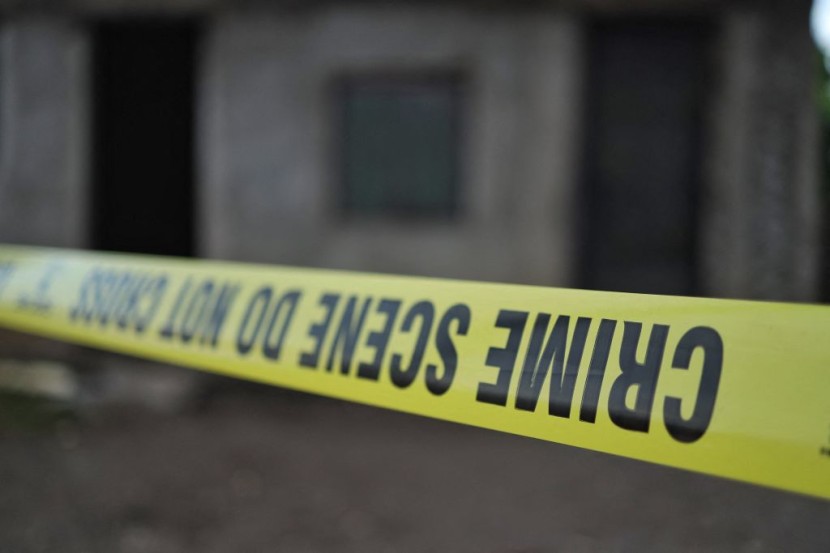
In a tragic incident in a low-income neighborhood of Rio de Janeiro, a police raid resulted in a deadly gunbattle that claimed the lives of nine people and left two officers wounded.
The incident adds to a disturbing pattern of lethal policing in Brazil, raising concerns about the use of excessive force and the lack of transparency surrounding such operations, according to AP News.
Rio Gunbattle Highlights Lethal Policing in Brazil
The shootout occurred after suspected criminals in the Vila Cruzeiro favela opened fire, leading the officers to retaliate. The casualties were rushed to a state hospital, where they were pronounced dead.
The raid was reportedly based on intelligence suggesting a meeting among crime leaders controlling the region. This incident is not an isolated event in Brazil. On the previous day, a police operation in Sao Paulo state resulted in 16 deaths, making it the deadliest raid in the area since 2006.
Residents of Guaruja, the coastal city where the operation took place, protested against the police, holding banners and displaying stuffed dolls symbolizing the deceased.
In recent times, Brazil has faced mounting public outrage and condemnation over the excessive and often deadly use of force by law enforcement in its favelas, impoverished neighborhoods known for high crime rates and marginalization.
This alarming trend has sparked a national debate about the need for urgent reform in policing practices to safeguard the rights and lives of citizens. In response to the outcry, some states, such as Sao Paulo, have taken steps to address the issue by introducing police body cameras.
The implementation of these cameras has been heralded as a positive development, credited with reducing incidents of police violence in Sao Paulo. However, the positive impact of body cameras in one region stands in stark contrast to the persistent and alarming death tolls in police raids that continue to afflict Rio de Janeiro.
During the presidency of Jair Bolsonaro, Brazil witnessed a distressing increase in police killings, and Bolsonaro himself sought to grant greater legal protections to officers involved in such encounters.
This policy stance has faced widespread criticism, with many arguing that it fosters a culture of impunity and fails to address the root causes of violence in favelas, as per Reuters.
Brazil Faces Urgent Call for Policing Reform Amidst Rising Criticism
In contrast, President Luiz Inacio Lula da Silva, who succeeded Bolsonaro, has been vocal in his opposition to the previous administration's support for police killings. Lula da Silva's Justice Minister, Flavio Dino, also joins the chorus of critics, emphasizing the need for a more proportionate and thoughtful approach to maintaining security in vulnerable communities.
The recent police raid in Rio de Janeiro serves as a painful reminder of a similar operation in the same favela complex, which claimed the lives of 25 people just over a year ago. These tragic events highlight the urgent need to reevaluate security policies and the tactics used by law enforcement in high-risk areas.
Public figures like Rio state legislator Dani Monteiro, alongside government officials like Flavio Dino, have strongly voiced their concerns, demanding accountability and a comprehensive reexamination of policing strategies. This growing chorus of voices underscores the pressing need for immediate action and reform to curb the devastating toll of police violence and uphold citizens' rights and safety.
Addressing the issue of lethal policing demands a multi-faceted approach, including better training for officers, improved community engagement, and a deeper understanding of the socio-economic factors driving crime in these neighborhoods. The Brazilian government must demonstrate a commitment to protecting the rights of all its citizens and holding those responsible for excessive use of force accountable for their actions.
In conclusion, the current state of lethal policing in Brazil has ignited a crucial national dialogue, one that calls for a transformative shift in law enforcement practices.
The road ahead is challenging, but with determination, transparency, and inclusive dialogue, Brazil has the opportunity to usher in a new era of community-oriented policing, fostering trust between citizens and law enforcement, and ultimately preventing further loss of life, DW via Yahoo reported.
Related Article : Turkey To Investigate Disney+ Cancelling Founding Father Series Ataturk Following Criticism from the Armenian National Committee of America
© 2025 HNGN, All rights reserved. Do not reproduce without permission.








